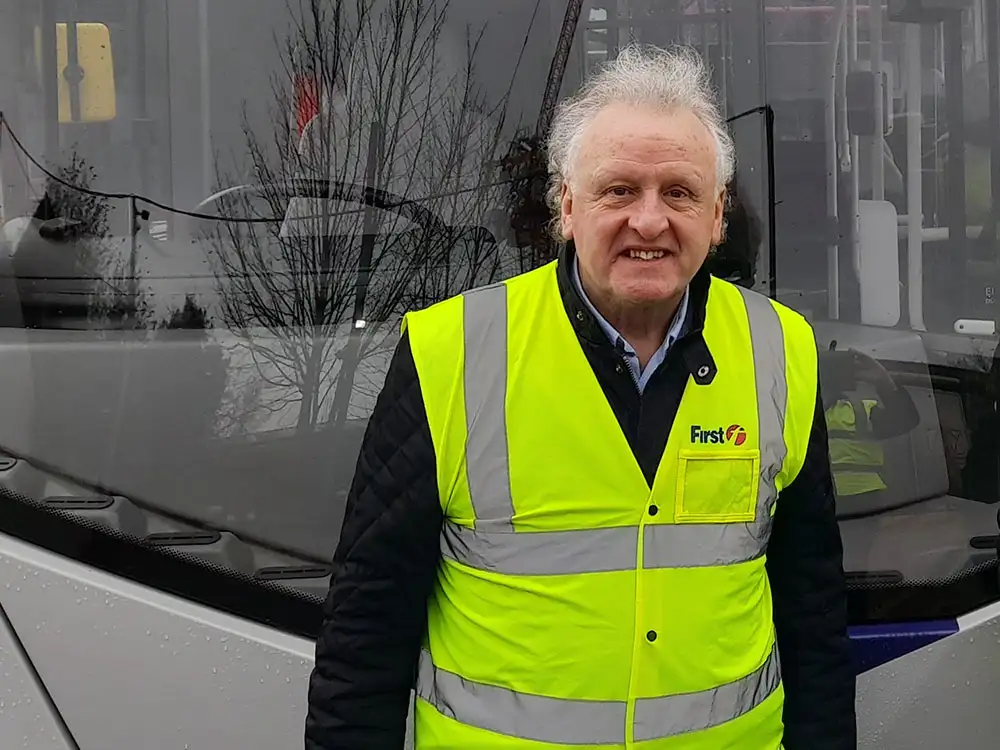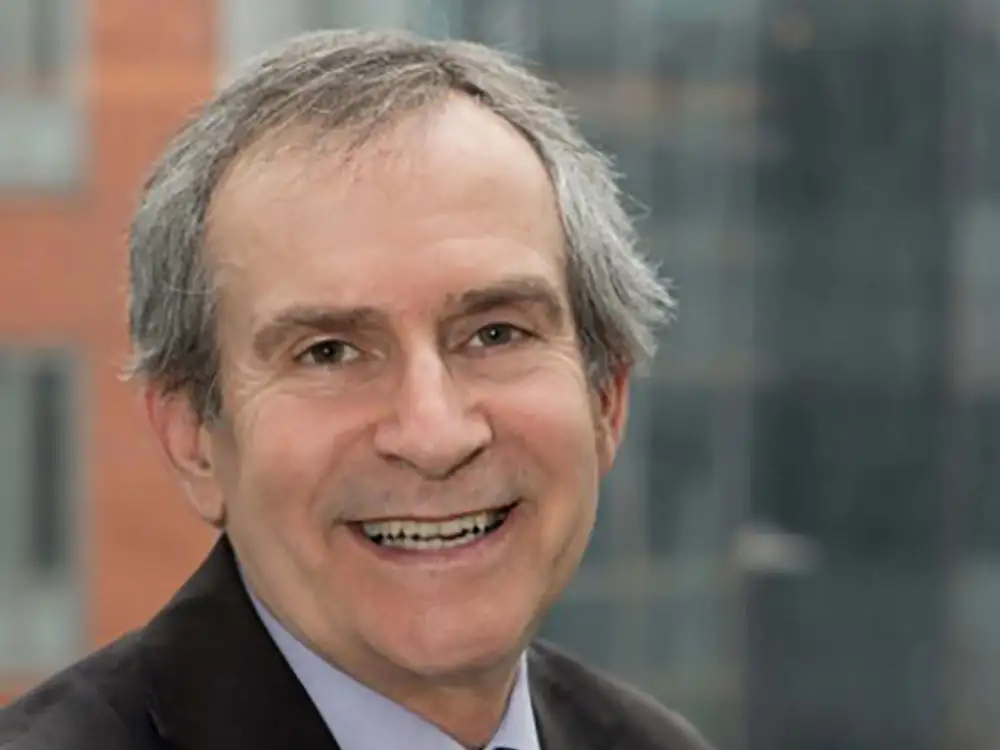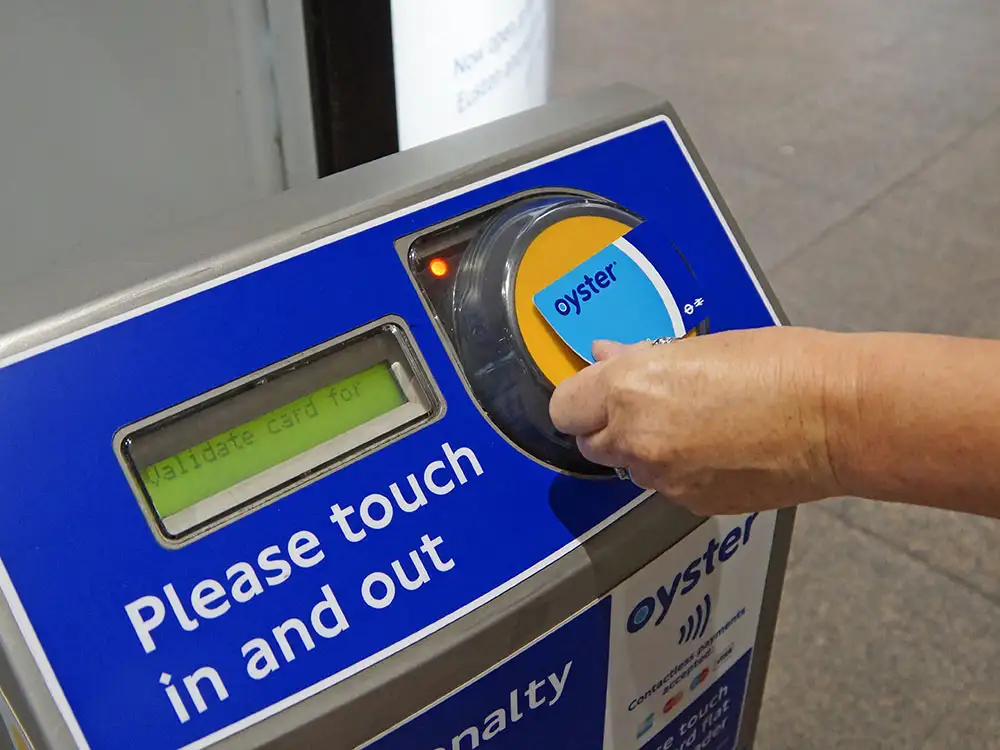Two-thirds of the candidates contesting to become the first elected mayor of York and North Yorkshire have called for the introduction of an integrated ticketing system, such as the Oyster card in London, across the region.
While there is a consensus among all six contesting the 2 May election that significant action is needed to improve access to public transport, the candidates have outlined a range of moves they would introduce to improve public transport following years of service cuts.
The election comes just weeks after City of York Council approved cuts to numerous bus services, with reduced lengths and frequency for some routes.
It also follows North Yorkshire Council, which saw its £116m Bus Back Better bid for a long-term overhaul of public transport entirely rejected by the Government, being criticised last month for using a £3.5m Department of Transport grant to enhance bus services for one year only.
Around a third of bus services in North Yorkshire have seen timetable reductions or have needed extra financial support since the pandemic, partly due to rising operating costs and difficulties recruiting drivers.
Overall passenger numbers have recovered to around 90 per cent of pre-Covid levels, but concessionary pass users remain at about 70 per cent of before the pandemic.

Independent Keith Tordoff, a businessman and former police detective, said he would focus on improving transport links and connectivity, especially for rural communities, by integrating the trains, buses, cycling and active travel routes.
Mr Tordoff said: “One ticket price for all travel and free travel for all under 18 years of age. At the moment the transport systems are disjointed and poorly planned.”
David Skaith, who will contest the poll for Labour, said he would develop an integrated public transport system that gave people “viable and alternative means for travel rather than relying on the car”.
He added: “There will be a particular focus on improving people’s abilities to travel for work, education and join up our rural and coastal regions.”
Masham councillor Felicity Cunliffe-Lister, who is the Liberal Democrat candidate, said introducing a single ticket integrated public transport system would improve the reliability and regularity of services, and as more people travel by bus, congestion and emissions would reduce.
She said: “This will help connect the vulnerable and isolated, enable access to healthcare and key services, get the workforce to work and remove barriers to education.
“The system will deliver a service across the region and beyond, connecting with travel hubs such as train stations, airports and ferry terminals, and active travel measures will be improved to enable more to walk or cycle to a transport hub.”
Alongside introducing a single ticket for bus and rail travel, Keane Duncan, North Yorkshire Council’s highways and transport executive member, has pledged to stop Labour’s cuts to York buses, saying he would release new funding in my first week.
He said as mayor he would expand rural, evening and weekend bus services, introduce flat £1 bus fares for under-21s and invest more in road repairs and key infrastructure, such as dualling the A64 and York Outer Ring Road.
Mr Duncan’s ambitions also including improve rail by supporting the re-opening Haxby Station, restoration of the Hellifield to Clitheroe link, securing half-hourly services to Scarborough and introducing a shuttle bus linking Ripon to Thirsk Rail Station.

Independent candidate Paul Haslam, who has served as North Yorkshire Council’s climate change champion said he would work towards a bespoke public transport service which passengers would view as “reliable, convenient, clean, fairly priced, and a pleasure to travel on”.
He said expanding the train network, with new stations at places such as Haxby, Claro Road, Harrogate and east Knaresborough, would part of a balanced local transport plan in which he would “support active travel, public transport, and car use with a focus on safe shared spaces”.
Former soldier Kevin Foster, who is contesting the election for the Green Party, said he would focus on sorting out timetabling and service contracts to make them work better for users, while putting in place “the building blocks for long-term improvements in facilities and coverage”.
Mr Foster added: “Too many of our communities are being let down by a patchy and unreliable public transport network which doesn’t meet their needs.
“People looking at public transport options for education, work, or accessing essential services won’t use it unless they can be confident that it will get them to the right place at the right time and get them home.”
